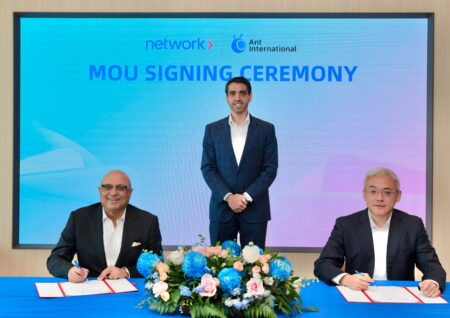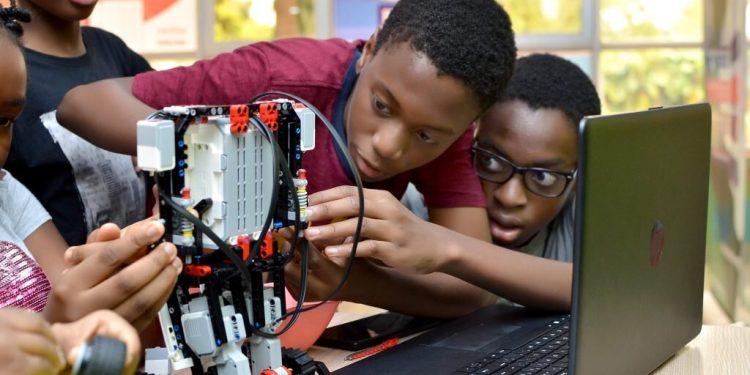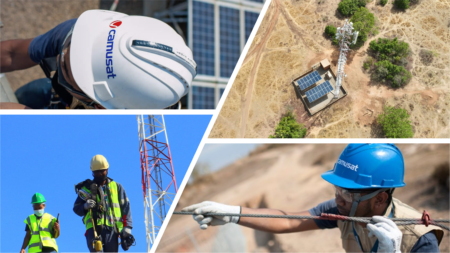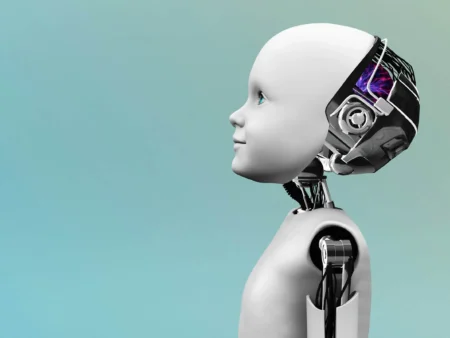- The new self-care chatbot addresses customer queries on WhatsApp without the need to physically visit a shop or phone a call centre
- For all our customers, the chatbot named Thembie will be at their service 24/7
- Thembie will help support them with any queries or issues they may have around merchant and bill payments, airtime purchases, sending money, sending money reversals, ZESA token purchases, banking services, PIN resets and stamped statements requests, balance enquiries, and many more
Zimbabwe’s leading mobile money platform and a subsidiary of EcoCash Holdings, EcoCash, has added another digital touchpoint to improve its customer experience by introducing an Artificial Intelligence (AI)-powered chatbot, called ‘Thembie’.
EcoCash Holdings is a diversified digital and fintech group listed on the Zimbabwe Stock Exchange. They are also a subsidiary of listed Econet Wireless Zimbabwe.
EcoCash’s Chief Operating Officer Munyaradzi Nhamo said the launch of Thembie was driven by the company’s desire to add more communication channels to support its customers and improve the overall customer experience.
“The aim is to constantly improve the customer experience of our clients by offering yet another channel they can use to easily reach us whenever they need support for any of our products and services,” he said.
According to an article by Newsday published July 28, 2022, the new self-care chatbot intuitively addresses customer queries on WhatsApp without the need to physically visit a shop or to phone a call centre, therefore giving customers greater choice and convenience.
“Customers’ behavioural patterns have shown us that customers want to engage with brands over channels of their choice. It was therefore important for us to offer this solution to increase customers’ support options and channels,” Nhamo said.
He added that to interact with the smart assistant Thembie, a customer simply needs to save Thembie’s contact number onto their contacts or phonebook, log onto WhatsApp or Telegram, search for her number, and type, ‘Hi’ to start a conversation.
“Thembie is mainly conversation-based and is highly interactive, allowing customers to carry out a normal conversation,” he said, adding that the chatbot can carry out various tasks, ranging from customer onboarding, and financial transactions as self-help services.
Loice Gakaka, the company’s General Manager for Customer Experience, speaking on the launch of the chatbot, said Thembie will be able to assist customers with a wide range of services.
“For all our customers, Thembie will be at their service 24/7, to help support them with any queries or issues they may have around merchant and bill payments, airtime purchases, send money, send money reversals, ZESA token purchases, banking services, PIN resets, stamped statement requests, balance enquiries and many more,” she said.
She said that Thembie, the smart assistant, utilizes AI data from various sources and is seamlessly integrated into various backend platforms for a smooth and consistent customer experience that requires no human intervention.
“The success of any chatbot hinges on its availability when the customer needs support and wants to interact with it. We have designed Thembie so that she can pop up on any digital platform; on the website, on Sasai, on Facebook Messenger, on WhatsApp, on Telegram, Instagram, or Twitter any time the customer needs it,” she said.
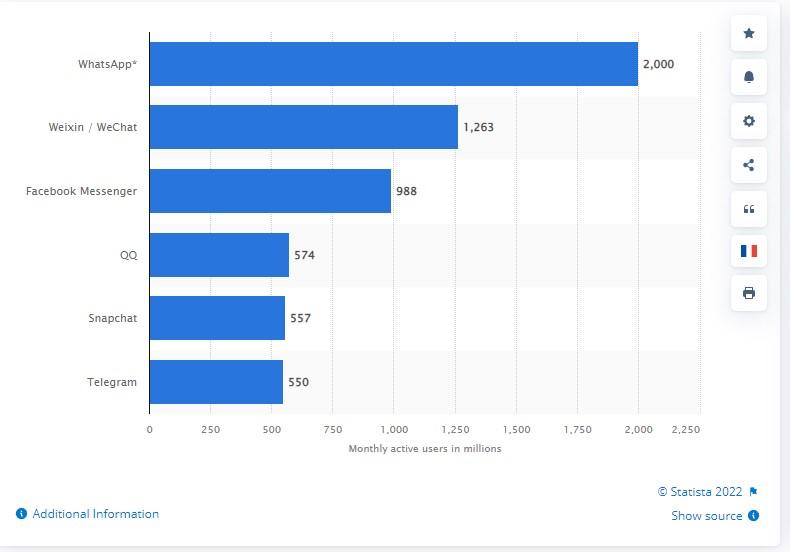
She added that when customers have a conversation with Thembie, any personal and sensitive information is kept safe and not shared with any unauthorized third parties.
According to TechZim, Thembie first verifies your identity, which involves sending a verification code via SMS to your EcoCash number. You then have to input your EcoCash PIN, and you’ll be glad to know that you won’t type in the PIN in the chat; rather, you get a popup USSD prompt.
Then come the security questions, you tell Thembie your favourite cousin, sport, etc to be used to verify you’re you when you forget your PIN later.
One of the fastest growing automation strategies has been the use of chatbots in e-commerce websites, hand in hand with the rise of online business during the COVID pandemic.
The entry of Artificial Intelligence (AI)-enabled conversational marketing has helped brands reach wider customer segments, said Silicon Valley start-up Gupshup Founder and CEO Beerud Sheth.
“For businesses that receive millions of such messages, AI, natural language processing, and voice technology are needed to understand what the user is asking and recommend the right items. AI helps businesses build delightful channels that automate the responses to queries and escalate the ones that need human intervention,” he said.
According to an article by BotsCrew, a WhatsApp chatbot is an automated software powered by rules or artificial intelligence (AI) and runs on the WhatsApp platform. People communicate with WhatsApp chatbot via the chat interface, like talking to a real person. It’s a set of automated replies that simulates a human conversation on WhatsApp.
In May 2022, WhatsApp opened the API for businesses of any size. Previously, it was available only for medium and large businesses, so smaller companies had to contact other providers to access WhatsApp API.
Today, any business can directly sign up or get started with one of the business solution providers to access a New Cloud-based API.
According to Mulesoft, API is the acronym for Application Programming Interface, a software intermediary that allows two applications to talk to each other. Each time you use an app like Facebook, send an instant message or check the weather on your phone, you’re using an API.
Using WhatsApp API, companies can create WhatsApp chatbots for customer service and notification delivery.
North America, Europe, Asia-Pacific, Latin America, and the Middle East & Africa are the regional classification of the global chatbot market. Asia-Pacific is expected to remain the largest market and witness the highest growth in the coming years. This growth is due to the utilization of information-intensive Machine learning and artificial intelligence, particularly in developing countries such as Singapore, India, China, and Japan, massive investments in chatbots and deep learning innovation by numerous startup companies, and the rising use of chatbots by small and medium-sized businesses to enhance consumer involvement and participation.
According to a related article by Globe Newswire dated July 25, 2022, the Global Chatbot Market size accounted for USD 521 Million in 2021 and is expected to reach USD 3,411 Million by 2030 growing at a CAGR of 23.7% during the forecast period from 2022 to 2030.
Globe Newswire further said that chatbots have emerged as a significant solution to the growing intention of providing clients with effective and immediate customer service regardless of geographic location. This enables organizations to eliminate particular hours from the equation and customers to express the highest degree of customer service available to address any of their needs. Furthermore, since chatbots are reasonably adept at simulating human dialogue, many businesses utilize them to enhance their live chat customer service channel.
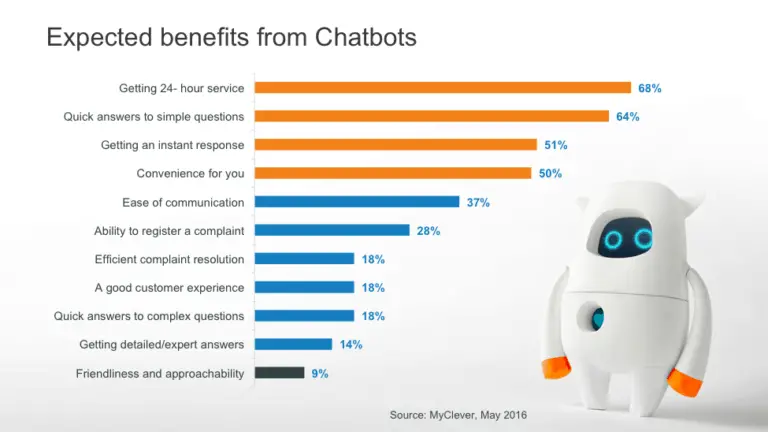
Chatbots are often employed as digital assistants in messaging services, smartphone apps, websites, and other digital devices via text or text-to-speech functionality. They offer several benefits, such as greater corporate efficiency, customer interaction, branding and advertising, data protection and accountability, transaction processing, and automated inbound marketing and qualification.
Read: Zimbabwe Electricity Authority embraces Artificial Intelligence in service delivery







